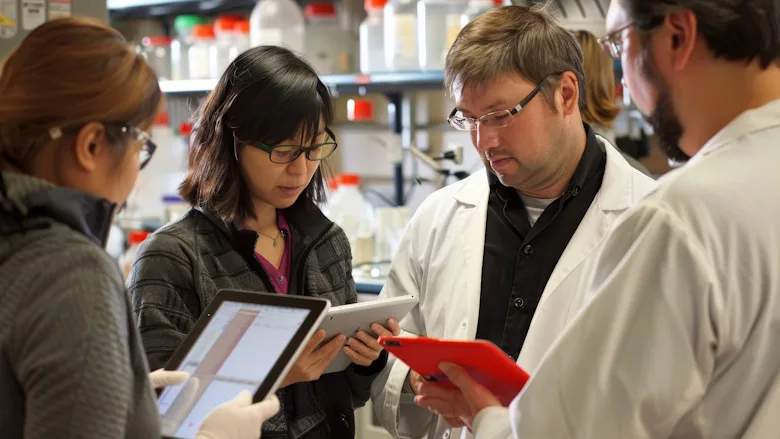FDA Announces Expanded Use of Unannounced Inspections at Foreign Manufacturing Facilities

Image credit: bugphai via Freepik
On Tuesday, the U.S. Food and Drug Administration (FDA) announced its intent to expand the use of unannounced inspections at foreign manufacturing facilities that produce foods, essential medicines, and other medical products intended for American consumers and patients.
This change builds upon the agency’s Office of Inspection and Investigations Foreign Unannounced Inspection Pilot program in India and China and aims to ensure that foreign companies will receive the same level of regulatory oversight and scrutiny as domestic companies.
“For too long, foreign companies have enjoyed a double standard—given advanced notice before facility inspections—while American manufacturers are held to rigorous standards with no such warning. That ends today. This is a key step for the FDA as part of a broader strategy to get foreign inspections back on track,” said FDA Commissioner Martin A. Makary, M.D, M.P.H.
In addition, FDA will evaluate the agency’s policies and practices for improvements to the foreign inspection program to ensure that FDA “is the gold standard for regulatory oversight,” in the agency’s words.
The changes will include clarifying policies for FDA investigators to refuse travel accommodations from regulated industry including lodging and transportation arrangements (taxi, limousine, and for-hire vehicle transit) to maintain the integrity of the oversight process.
FDA notes that it conducts approximately 12,000 domestic inspections and 3,000 foreign inspections each year in more than 90 countries.
“While U.S. manufacturers undergo frequent, unannounced inspections, foreign firms have often had weeks to prepare, undermining the integrity of the oversight process. Despite the advanced warning that foreign firms receive, the FDA still found serious deficiencies more than twice as often than during domestic inspections,” FDA notes.
Looking for quick answers on food safety topics?
Try Ask FSM, our new smart AI search tool.
Ask FSM →
Only in specific programs and cases are FDA’s domestic inspections pre-announced to assure that appropriate records and personnel will be available during the inspection. But regulated companies do not have the authority to negotiate the day or time of the inspection—nor should foreign companies have the capability to do so either, FDA says.
With this shift, FDA says it is further ensuring that every product entering the United States is “safe, legitimate, and honestly made.”
“Unannounced inspections will also help expose bad actors—those who falsify records or conceal violations—before they can put American lives at risk,” FDA said in a statement, adding that the agency “is authorized to take regulatory action against any firm that seeks to delay, deny, or limit an inspection, or refuses to permit entry for an unannounced drug or device inspection.”









